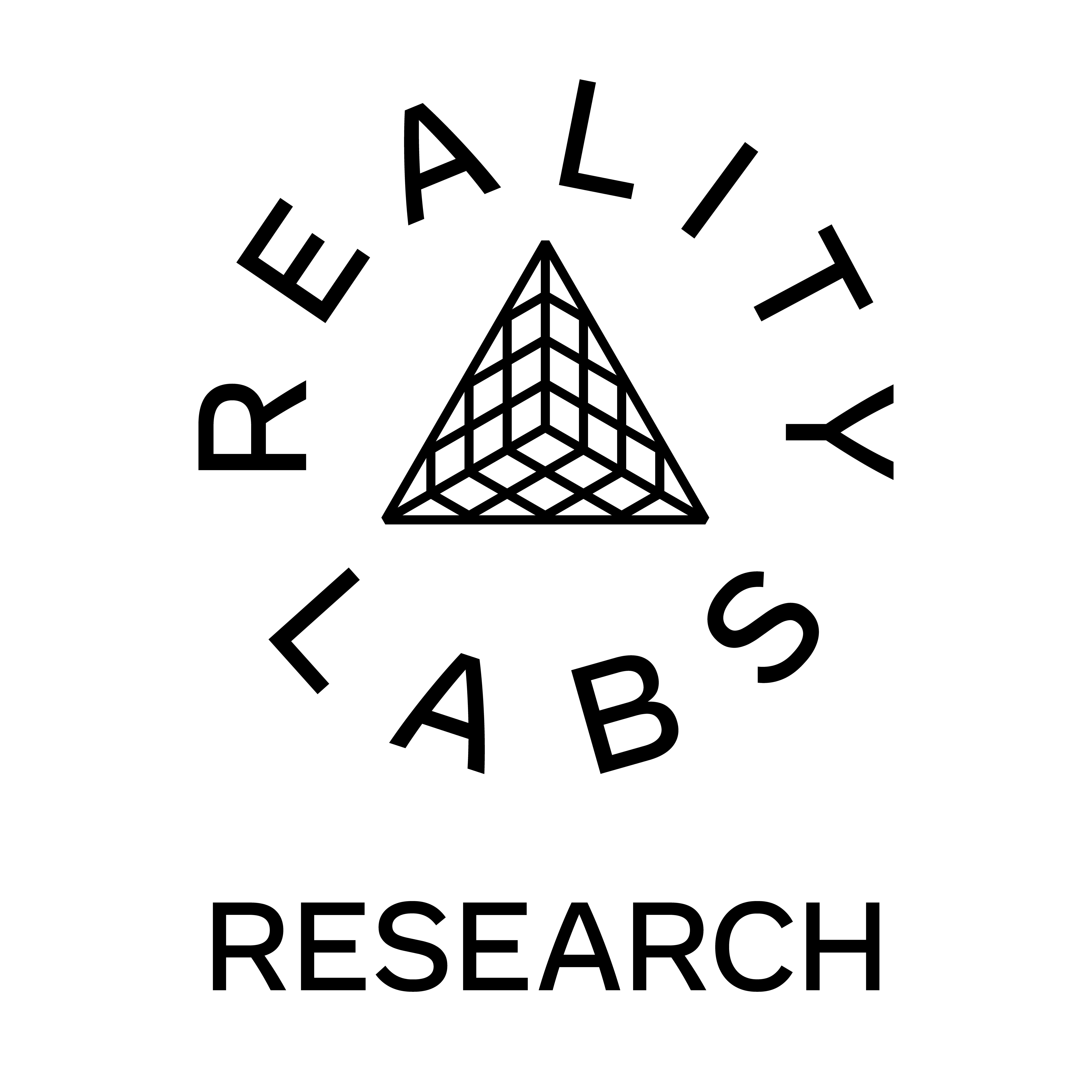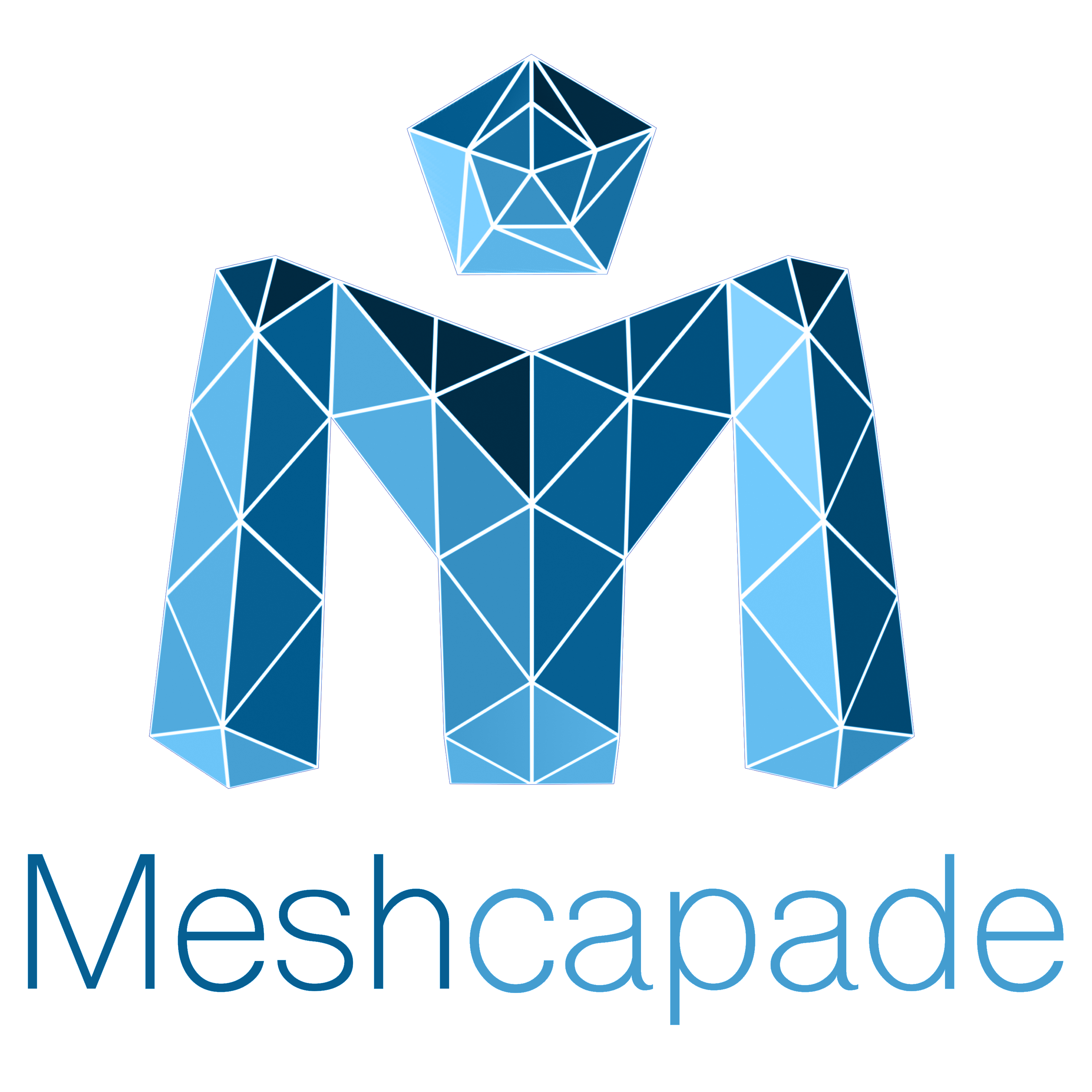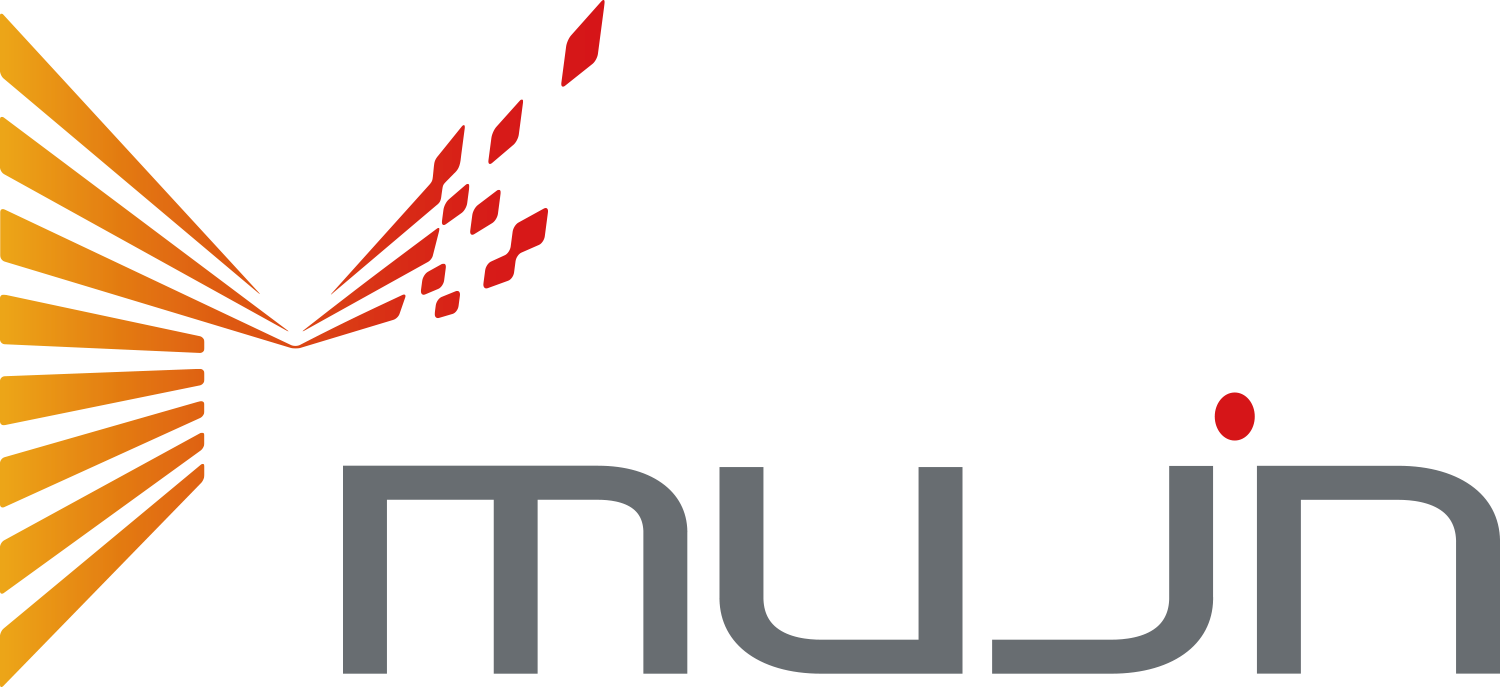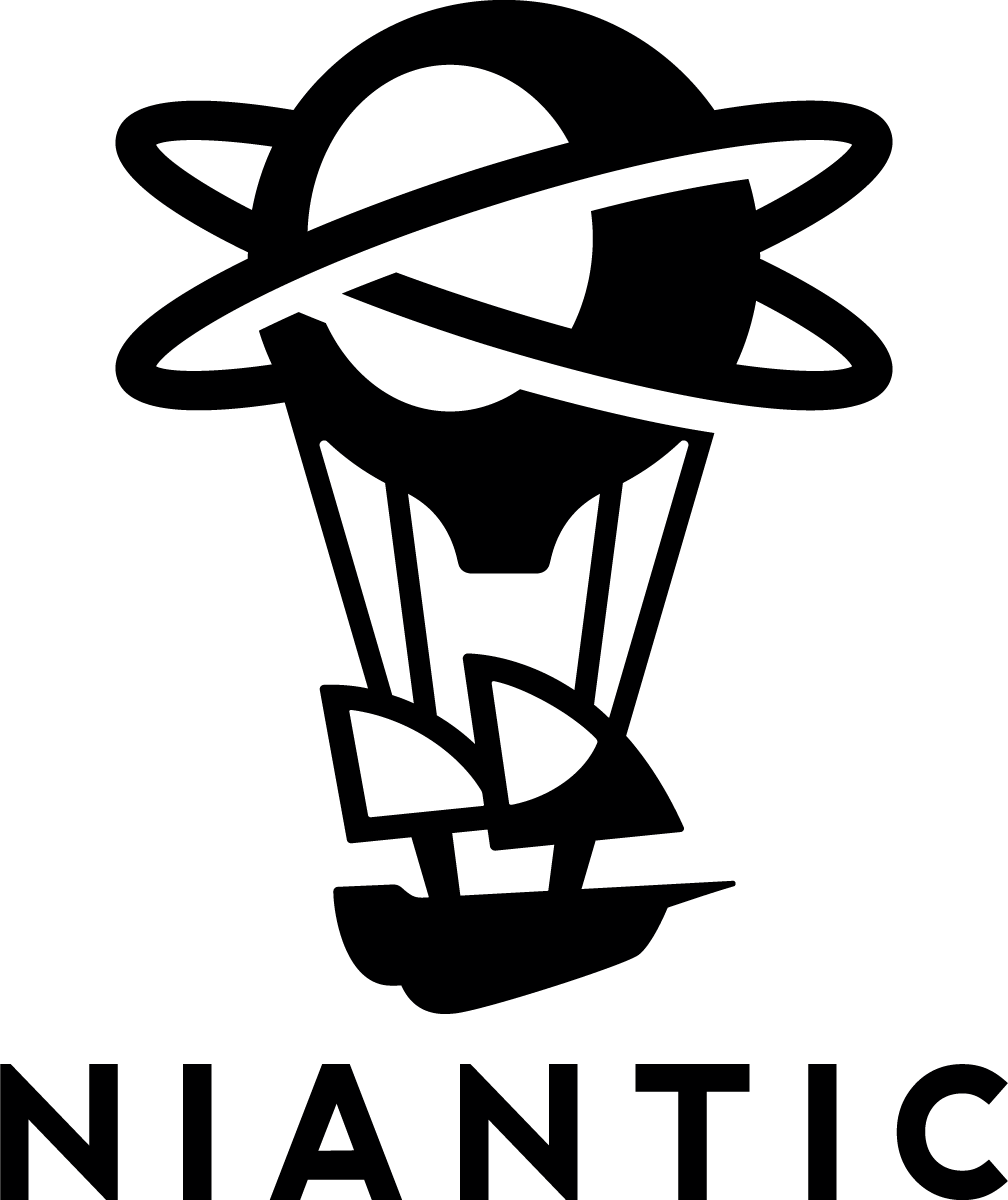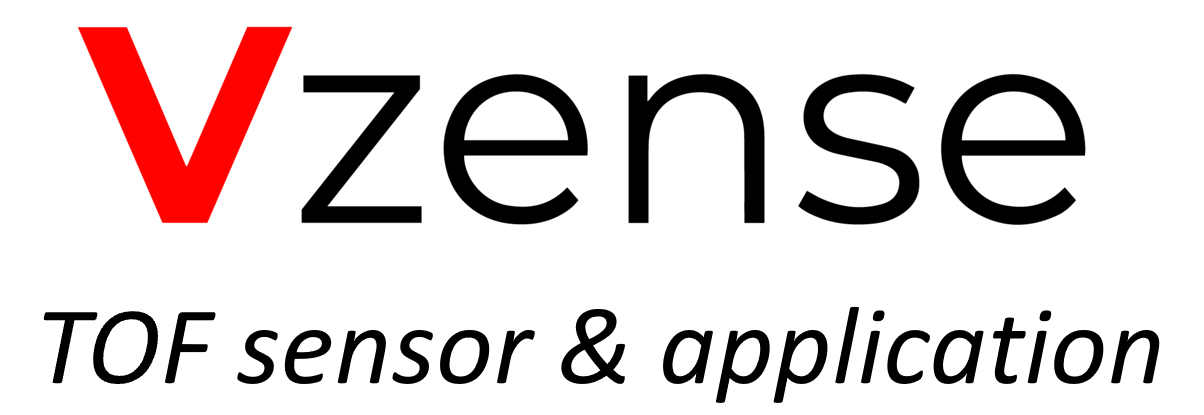PhysXNet: A Customizable Approach for Learning Cloth Dynamics on Dressed People |
|---|
| Authors: Jordi Sanchez-Riera, Albert Pumarola and Francesc Moreno-Noguer |
| Abstract: We introduce PhysXNet, a learning-based approach to predict the dynamics of deformable clothes given 3D skeleton motion sequences of humans wearing these clothes. The proposed model is adaptable to a large variety of garments and changing topologies, without need of being retrained. Such simulations are typically carried out by physics engines that require manual human expertise and are subject to computationally intensive computations. PhysXNet, by contrast, is a fully differentiable deep network that at inference is able to estimate the geometry of dense cloth meshes in a matter of milliseconds, and thus, can be readily deployed as a layer of a larger deep learning architecture. This efficiency is achieved thanks to the specific parameterization of the clothes we consider, based on 3D UV maps encoding spatial garment displacements. The problem is then formulated as a mapping between the human kinematics space (represented also by 3D UV maps of the undressed body mesh) into the clothes displacement UV maps, which we learn using a conditional GAN with a discriminator that enforces feasible deformations. We train our model for three garment templates, tops, bottoms and dresses for which we simulate deformations under $50$ different human actions. Nevertheless, the UV map representation we consider allows encapsulating many different cloth topologies, and at test we can simulate garments even if we did not specifically train for them. A thorough evaluation demonstrates that PhysXNet delivers cloth deformations very close to those computed with the physical engine, opening the door to be effectively integrated within deep learning pipelines. |
| PDF (protected) |

